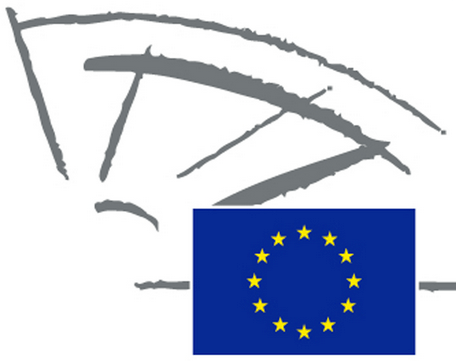A big day today for those who have been opposed to measures like SOPA that are aimed at stronger, government-imposed measures to define and prevent counterfeiting and copyright infringement on the internet: the European Parliament has rejected the Anti-Counterfeiting Trade Agreement (ACTA), by a nearly-unanimous margin of 478 votes against to 39 in favor.
The rejection means that the European countries that have signed the treaty may have been overruled in putting it into ratified effect; and the lack of global agreement could also make it hard to enforce ACTA in other countries where it has been approved but not yet ratified: these include Australia, Canada, Japan, South Korea, Morocco, New Zealand, Singapore and the U.S.
The news today comes in the wake of waves of Europeans writing to their representatives and protesting against the measures, which would have extended the enforcement rights of governments in the name of counterfeiting and copyright infringement: included would be stronger fines and criminalization of people who bypassed DRM, among other measures.
But although some are trumpeting today’s vote as a sign that ACTA is dead, there are still some questions over whether that is really the case.
Last week, Techdirt reported that Karel De Gucht, the EU commissioner with responsibility for the treaty, said that he would push ACTA through the courts even if it didn’t pass by a vote today:
“If you decide for a negative vote before the European Court rules, let me tell you that the Commission will nonetheless continue to pursue the current procedure before the Court, as we are entitled to do. A negative vote will not stop the proceedings before the Court of Justice,” he said in a speech. Indeed, ACTA supporters, perhaps chastened by the protests and subsequent failure of SOPA in the U.S., seem to be leaving little to chance here.
For today, at least, celebrations are ensuing:
Dave Lee, a reporter for the BBC, noted via Twitter that some Parliamentarians were openly celebrating the defeat:
Loz Kaye, the lead of the Pirate Party, a major critic of the treaty, noted in a statement that today’s vote was “a triumph of democracy over special interests and shady back-room deals.”
“This is a significant victory for digital rights, and it’s thanks to the tireless work of activists and grass roots organisations, including the Pirate Party world wide. Without this opposition, our representatives would have waved this agreement through. It is now clear that it is becoming increasingly politically poisonous to be ‘anti Internet.'”
While we have to wait and see whether De Gucht could make good on his promise of pushing through ACTA anyway, we will also have to watch how ACTA is approached in the U.S. now: decisions made in Washington may really represent either the final nail in the coffin, or a new life support, to ACTA.
